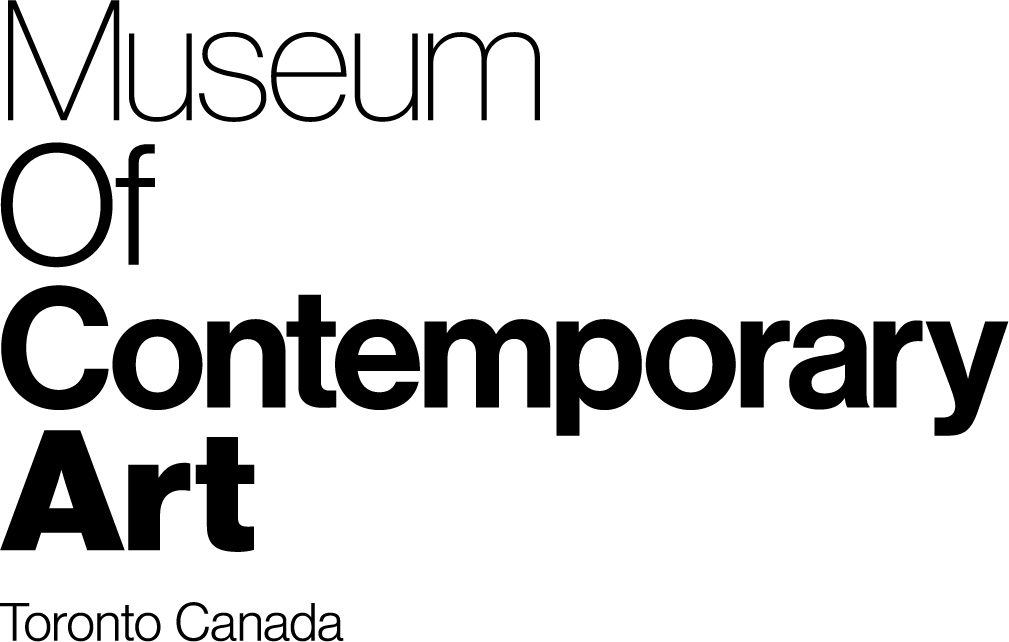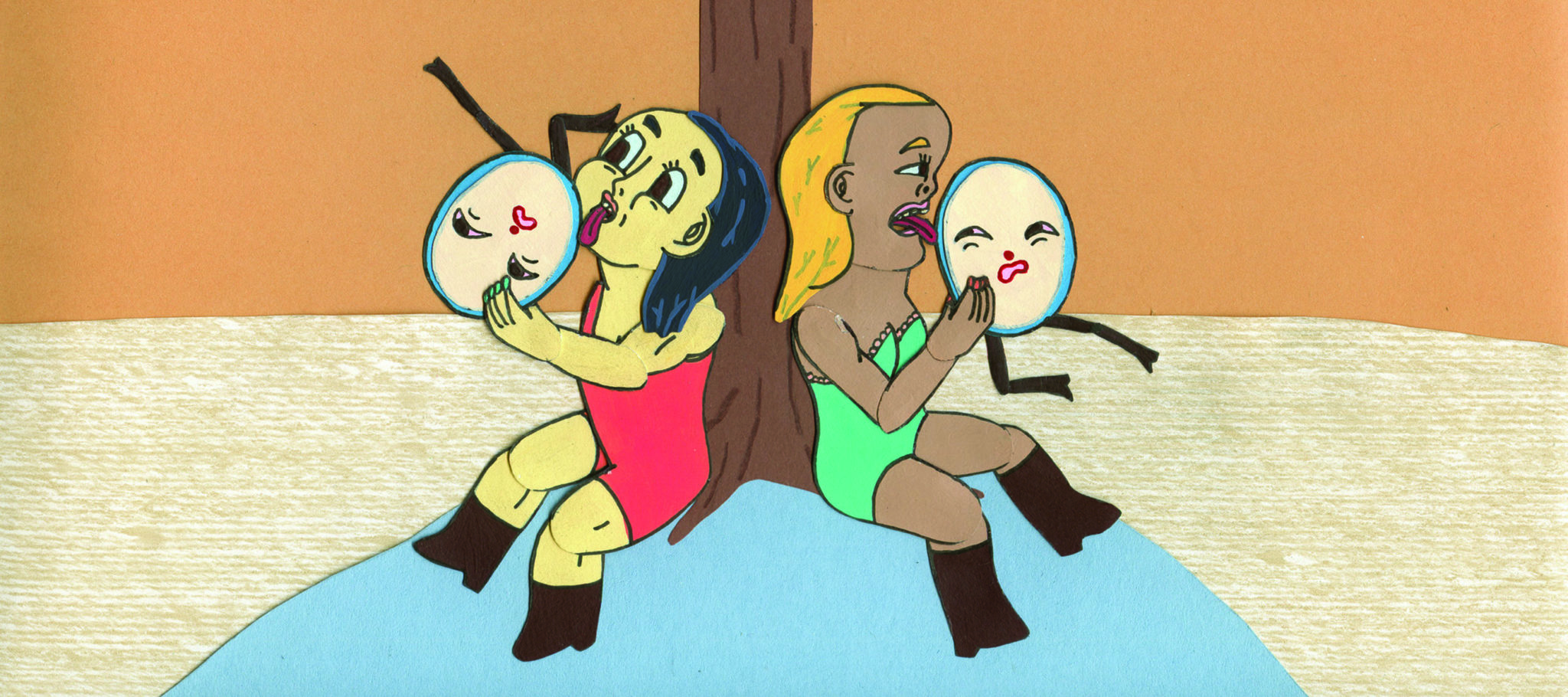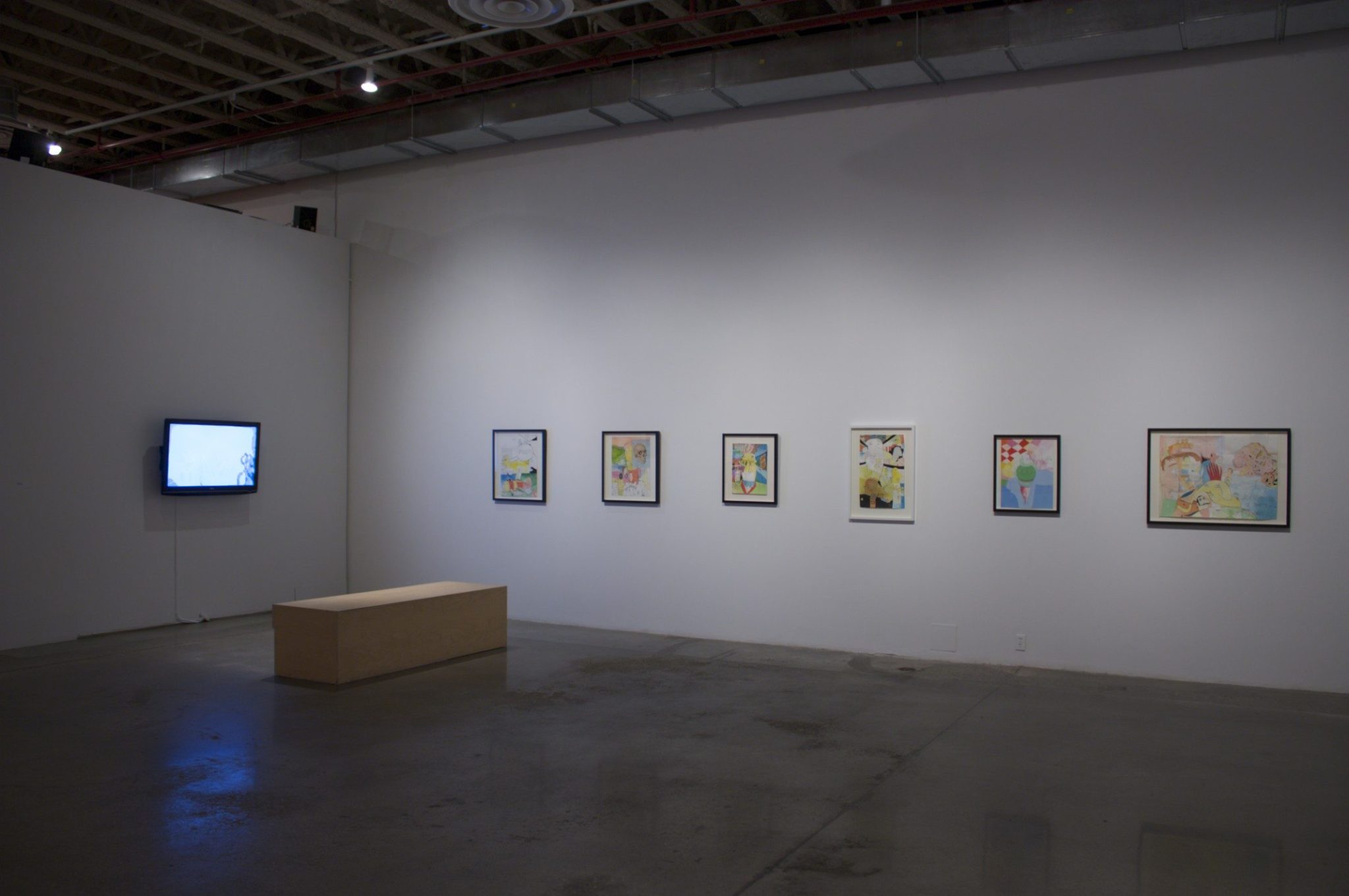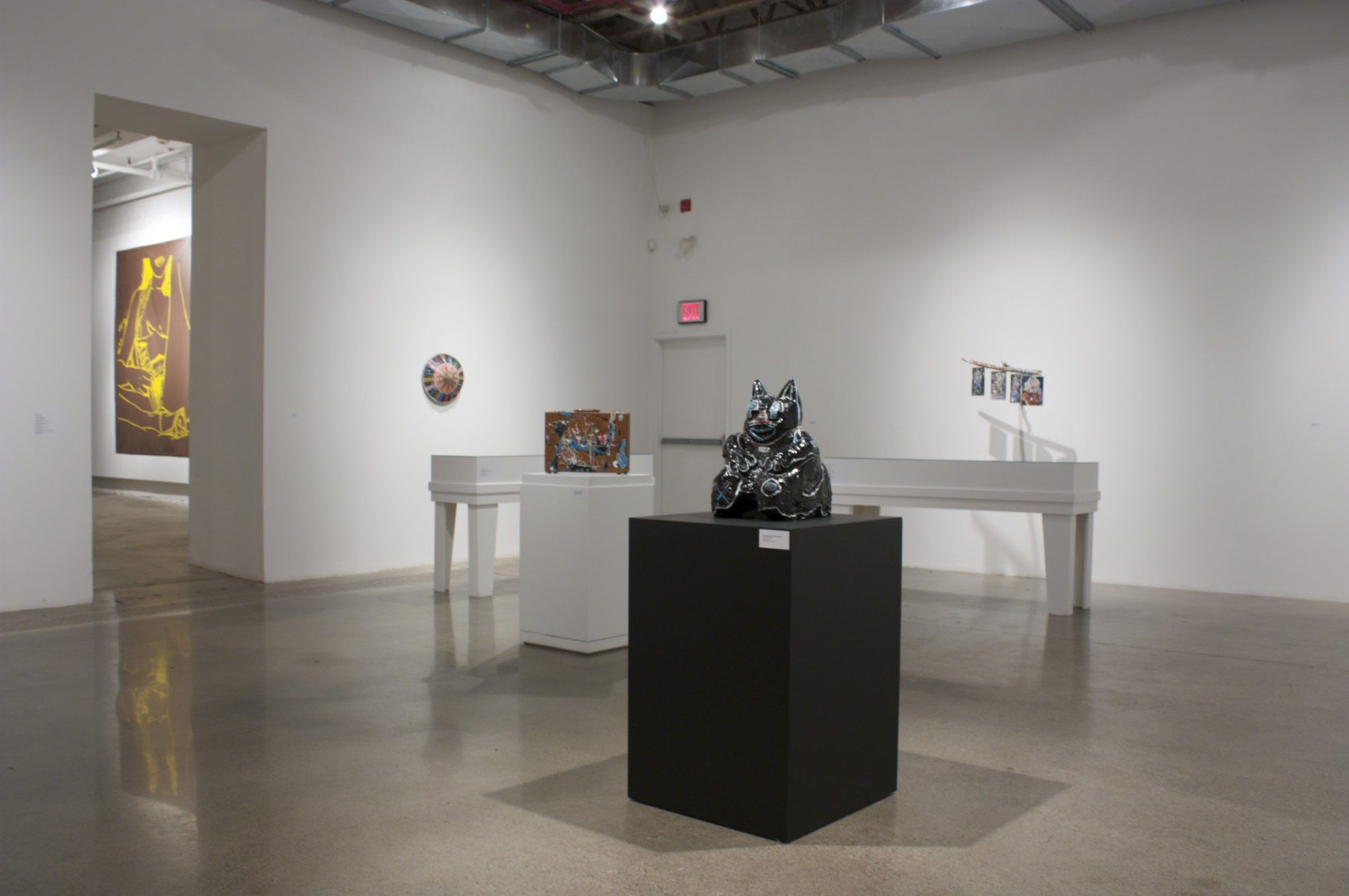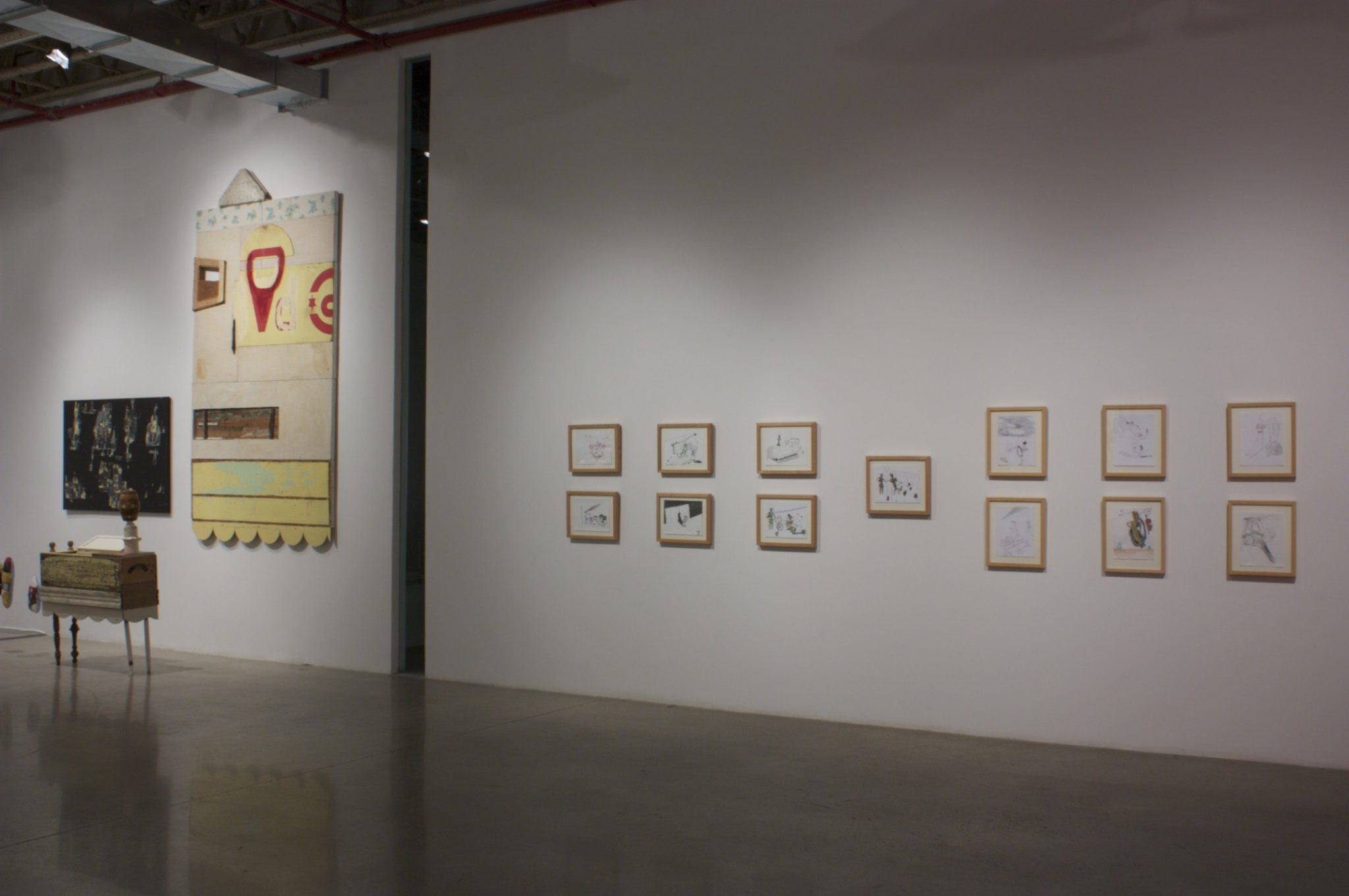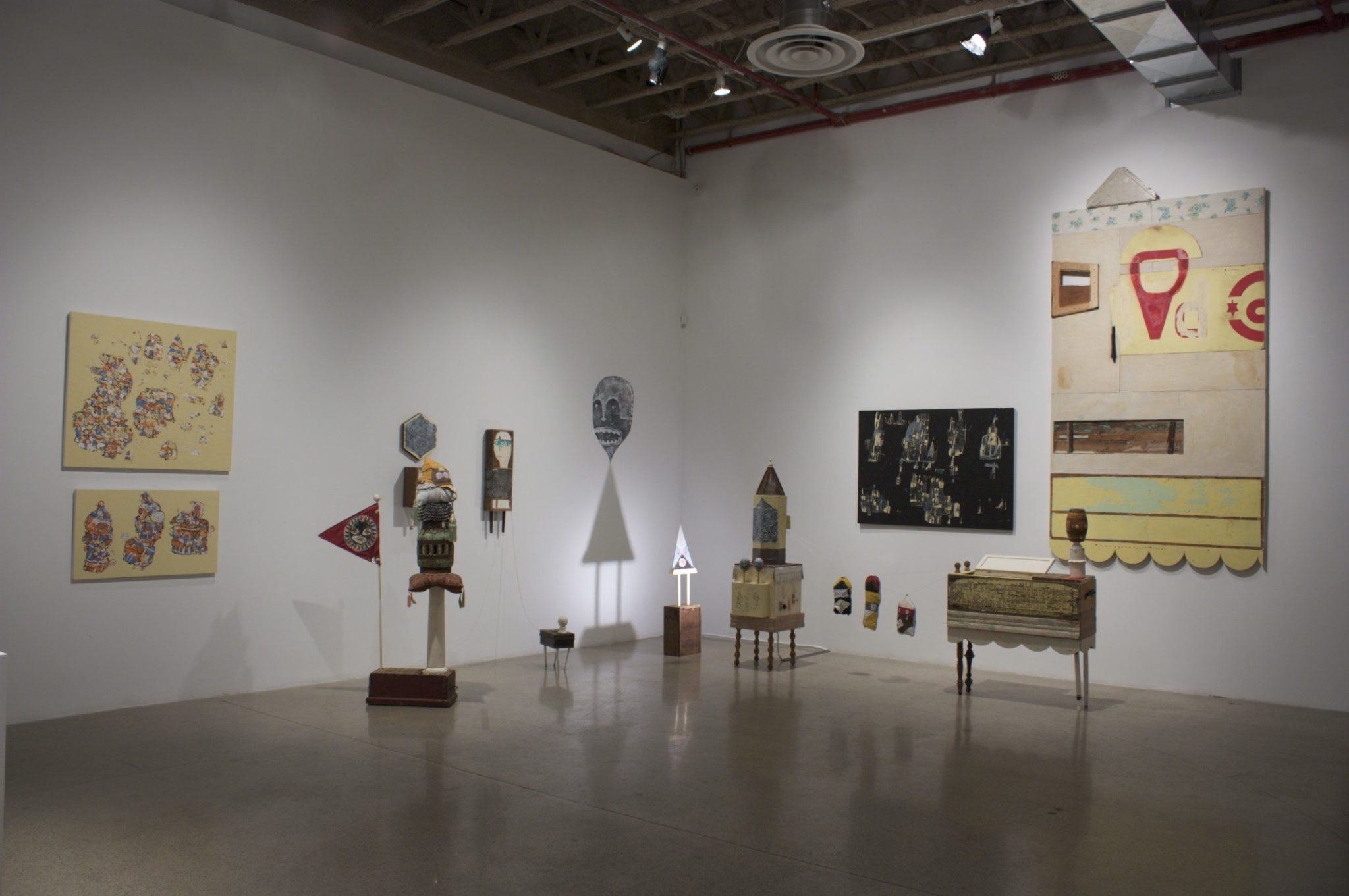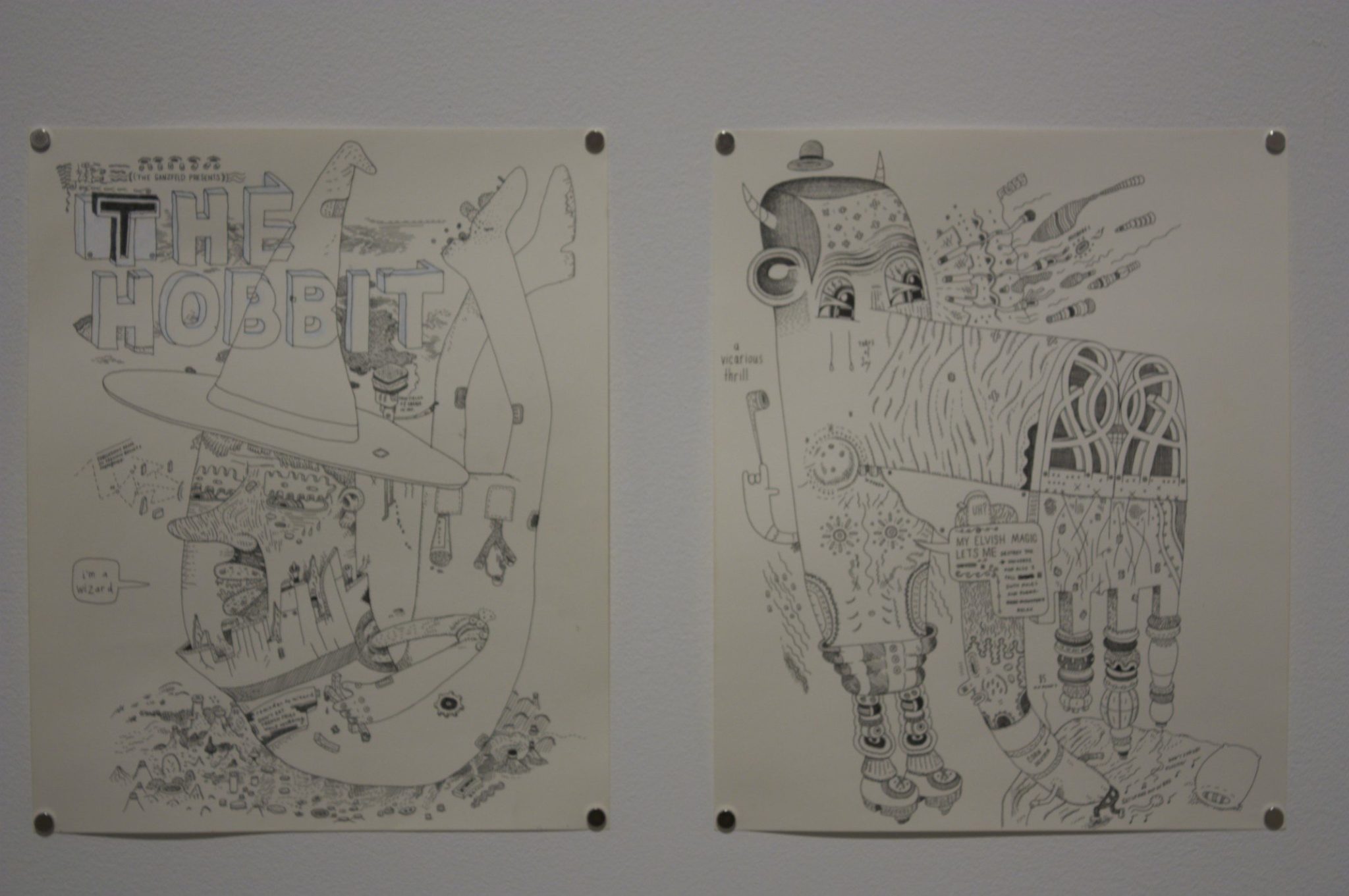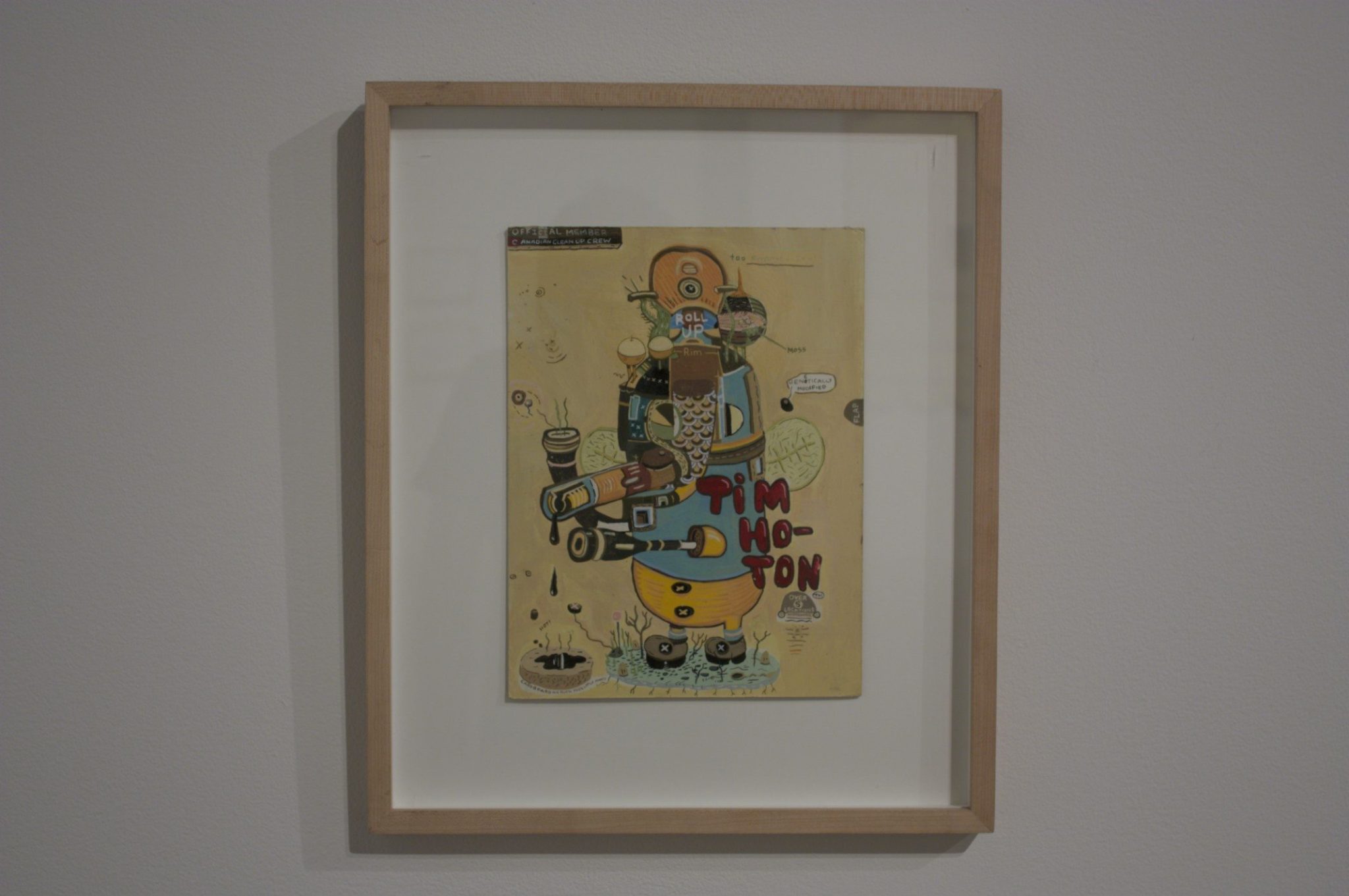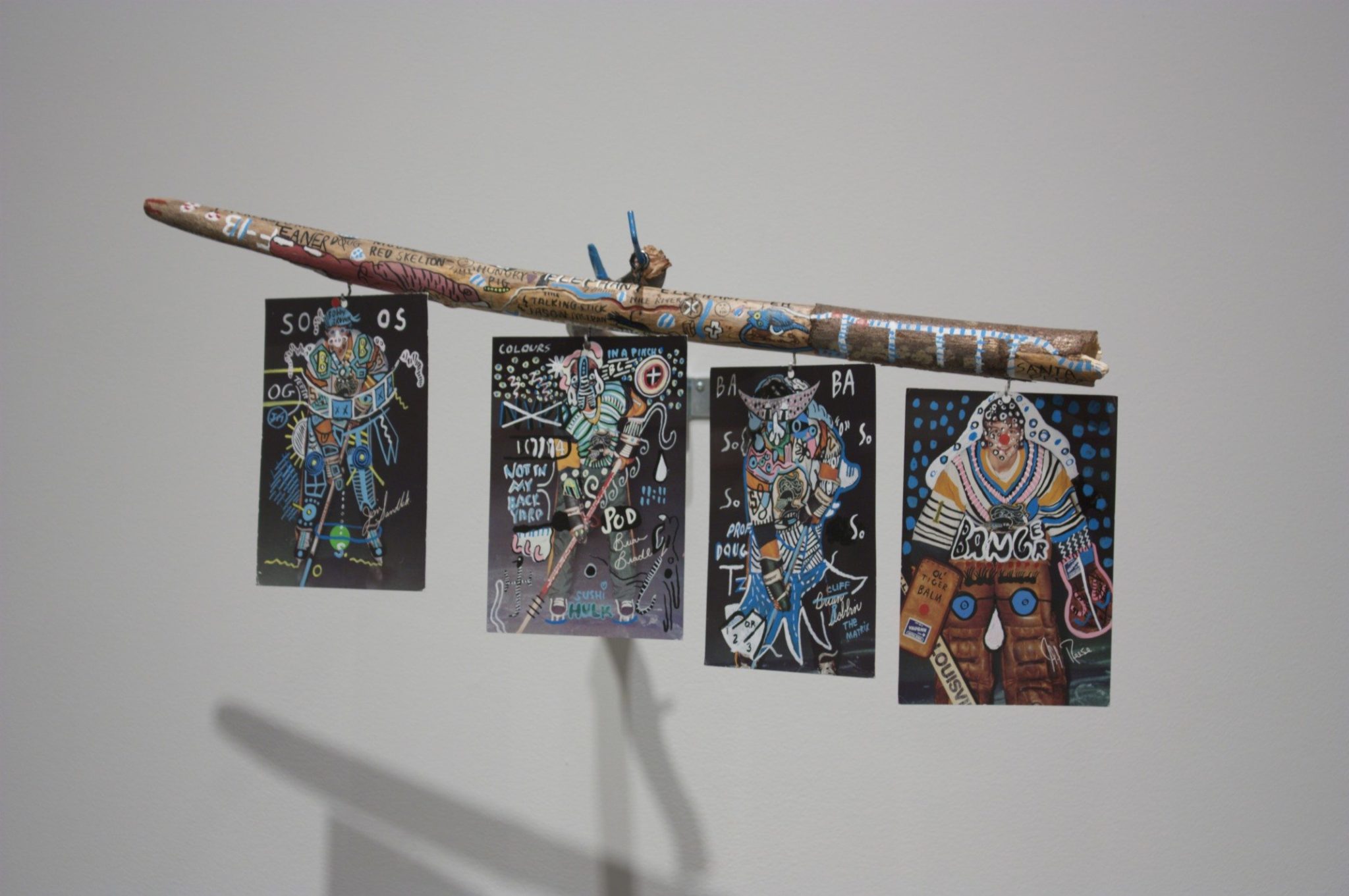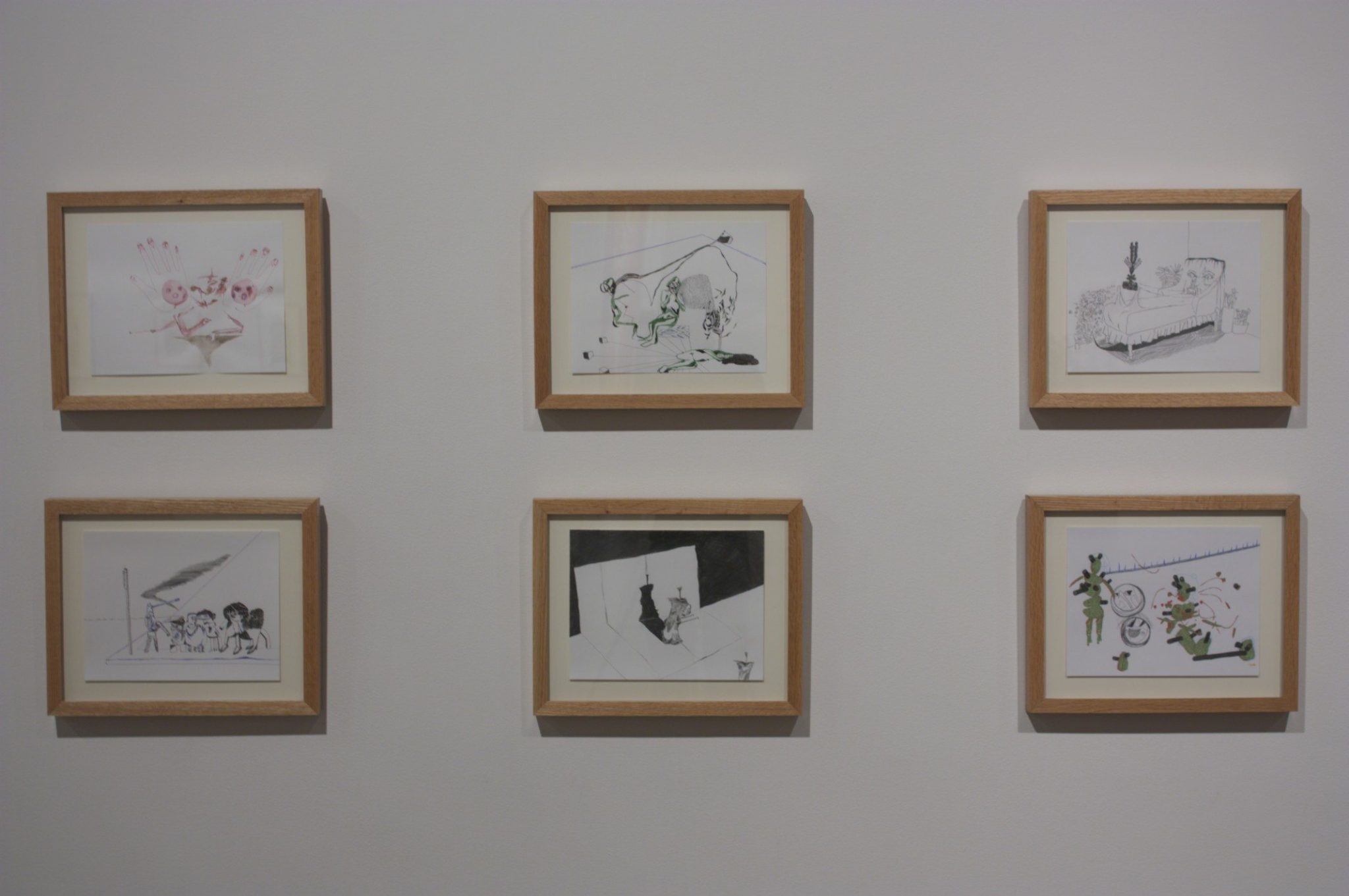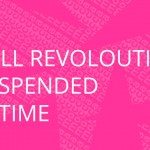June 27 – August 23, 2009
In the late 1960s and early 1970s the Canadian art scene was radically altered. Artists acted to create networks, events, spaces and publications that allowed them to work, showcase and be seen. Their strength and ultimate success lay in their ability to tap into the media, to self-organize and to create strong national affiliations that enabled a entirely new structure to be realized through the formation of artist-run centres, video distribution centres and new publications dedicated to Canadian art. These new organizations created a parallel system for Canadian art that worked in tandem with Canada’s national and regional museums and commercial art galleries.
For twenty years artist-run centres were the places where emerging or risky art could be exhibited or performed. But by the 1990s, in part due to less arts funding, a generation of young artists began to bypass the artist-run centres, museums and galleries through the creation of self-organized exhibitions and commercial ventures, thus creating a different kind of network that was almost self-contained; less interested in creating a scene, these artists created their own ad hoc and independent networks for collaboration and distribution while becoming increasingly market savvy about the sale of their work. Groups such as the Winnipeg-based Royal Art Lodge began as a loose collective of art students who met weekly to make drawings. Together and individually their work soon garnered the attention of curators and art dealers alike, jettisoning them onto an international art market.
Similarly, Winnipeg-based artist Paul Butler created The Other Gallery, a virtual space that was nonetheless allowed into commercial art fairs, and exhibited the work of Butler and his circle of friends. Butler also began to host Collage Parties that he initiated because he missed the atmosphere of collaborative practice and discussions from art school. For his parties, which are now hosted nationally and internationally, Butler provided a space, material and alcohol, and invited other artists or members of the public to come and make art.
This trend, based on collaboration and self-promotion, has resulted in a series of independent exhibitions, publications, film screenings and music events that operate outside of the traditional art venues. Despite living in different parts of the country, most of the artists in Pulp Fiction have worked together on projects, or know of each other through colleagues. When they meet, they talk about art, make it together and trade work.
Pulp Fiction brings together a group of fourteen artists from across Canada as a means of examining this phenomenon of art practice. Because the work bypasses the space, systems and many of the concerns of Canada’s established institutions, it may appear to be a misfit within the traditional confines of the museum. And yet, if one embraces the idea that museums and galleries must be a place that observe, document and make history, reflecting art practice in all of its varied forms, then at some point in the evolution of this new way of practicing the work must surely have a place within the institution. Here, Pulp Fiction serves as an example of an important culture that has firmly established itself on the international market and glibly persists despite the museum.
Corinna Ghaznavi
Guest Curator
Marc Bell, Tasha Brotherton, Mark DeLong, Barry Doupe, Shayne Ehman, Liz Garlicki, James Kirkpatrick, Amy Lockhart, Jason McLean, Jennie O’Keefe, Seth Scriver, The Lions, Peter Thompson
Curated by Corinna Ghaznavi
Organized by Museum | London
For the duration of the exhibition, the Museum of Contemporary Canadian Art has invited The Beguiling, a renowned Toronto comics and novel store, to set up a satellite bookshop in the media/retail space. Take in the exhibition and browse one of the largest selection of alternative, underground and avant-garde graphic storytelling!
Installation Shots
Opening Reception
Friday June 26, 7 – 11 pm
Featuring the smooth summer sounds of Toronto synth-rock-pop combo The D’Urbervilles
Sponsors
Open until 9pm on Thursday and Friday evenings thanks to the generous support of the Hal Jackman Foundation
